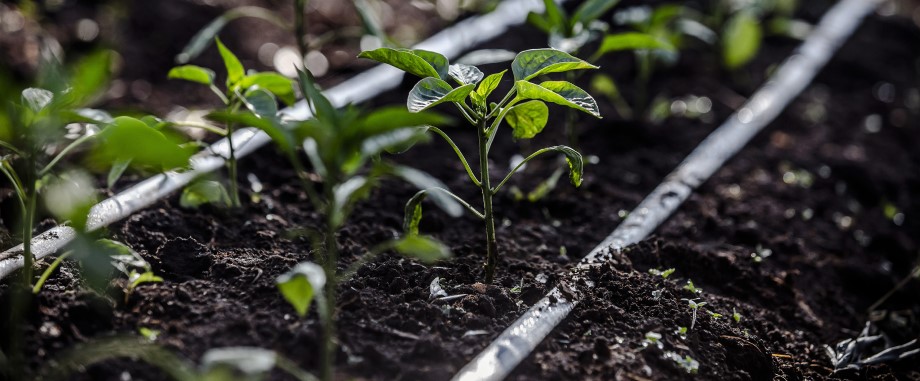Kunming-Montreal Global Biodiversity Framework
The sustainable use and conservation of agricultural biodiversity requires a cross-sectoral approach, which can be challenging when developing strategies, action plans and targets that are fit for purpose. Agricultural and environmental communities at the global, regional and national levels need to have the capacity to deal with sectorial barriers that limit their participation in and the implementation and reporting of agricultural biodiversity activities.
In 2022 at the 15th Meeting of the Conference to the Parties to the Convention on Biological Diversity (Decision 15/4) the Kunming-Montreal Global Biodiversity framework was adopted by 196 countries . The Global Biodiversity Framework aims to catalyze, enable and galvanize urgent and transformative action by governments, and subnational and local authorities, with the involvement of all of society, to halt and reverse biodiversity loss. More than half of the Framework’s targets are of relevance to the sustainable management of agricultural biodiversity, and most of these targets are relevant to implementing other Multilateral Environmental Agreements, such as the International Treaty on Plant Genetic Resources for Food and Agriculture and the Basel, Rotterdam and Stockholm Conventions.
ACP MEAs 3 actions
What do we do?
- Support to countries and regions for the participation to and activities post the Fifteenth meeting of Conference of the Parties to the Convention on Biological Diversity (CBD COP15) and the Sixteenth Conference of the Parties to the Convention on Biological Diversity (CBD COP16);
- Guide the development of a methodology for Headline Indicator 7.2: An approach for measuring pesticide risk reduction worldwide;
- Global knowledge sharing event;
- Support ACP countries and regions in aligning their biodiversity strategies and action plans with the Kunming-Montreal Global Biodiversity Framework (GBF).

